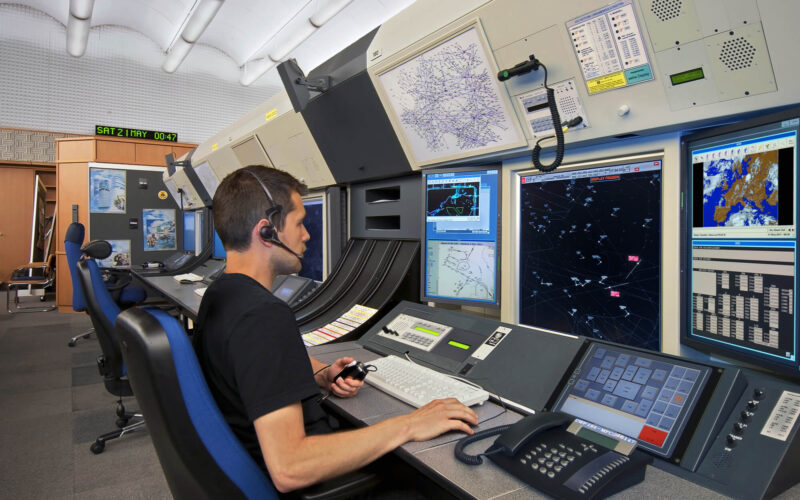The United States aviation regulator, the Federal Aviation Administration (FAA), and the National Aeronautics and Space Administration (NASA) have successfully tested new terminal flight management software. When functional, the tech will aid busy hub airports by calculating gate pushbacks so that each plane can taxi directly to the runway and take off.
The FAA and @NASA announced the completion of research and testing on new software that will allow more on-time flight departures. The FAA plans to install the air traffic-merging system at up to 27 airports to reduce aircraft emissions and improve travel. https://t.co/9cveANbGXH pic.twitter.com/UzrchC54Gg
— The FAA (@FAANews) September 28, 2021
The program aims to reduce ramp congestion and taxi delays to help minimize fuel burn and CO2 emissions. In particular, the FAA expects that this capability would help save more than 7 million gallons of fuel annually and eliminate more than 75,000 tons of CO2 emissions yearly.
“The future of flight must be more sustainable and environmentally friendly,” stated FAA Administrator Steve Dickson on September 28, 2021. “This new capability as part of a flight merging system has a double benefit: It reduces aircraft emissions and ensures air travelers experience more on-time departures.”
“NASA is developing transformative technologies that will revolutionize the aviation sector as we know it,” said NASA Administrator Bill Nelson. “The proof is in the pudding. This air traffic scheduling technology enhances aircraft efficiency and improves dependability for passengers every day.”
The software is a part of the Terminal Flight Data Manager (TFDM) program. NASA developed it under its Airspace Technology Demonstration 2 project in 2015 and the FAA has been testing it since 2017.
Over the past four years, the FAA has conducted tests at the Charlotte Douglas International Airport (CLT) that resulted in reduced taxi times, helping save more than 275,000 gallons of fuel annually, reducing greenhouse gas emissions by 8 tons of CO2 daily, and minimizing delays by 916 hours.
Now, the authority intends to deploy this capability at 27 hub airports through its investment in surface management technology.
The airports expected to be part of the rollout are Atlanta, Baltimore, Boston, Charlotte, Chicago Midway, Chicago O’Hare, Dallas-Ft. Worth, Denver, Detroit, Fort Lauderdale, Houston Bush, Las Vegas, Los Angeles, Miami, Minneapolis-St. Paul, Newark, New York JFK, New York La Guardia, Orlando, Philadelphia, Phoenix, Salt Lake City, San Diego, San Francisco, Seattle, Washington Dulles, Washington Reagan National.

